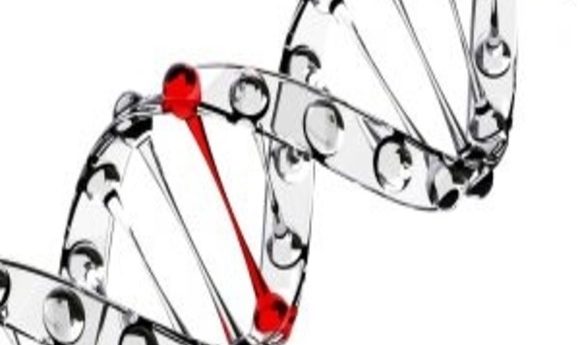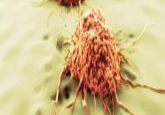Noncoding genetic variants could help predict prognosis in melanoma

One of the first studies to demonstrate that inherited genetic markers could be utilized in predicting the prognosis of melanoma has recently been published in Clinical Cancer Research. The markers, uncovered by a team at NYU Langone Medical Center (NY, USA), could allow personalized predictions of an individual’s survival and pinpoint patients who require closer monitoring following surgery.
As melanoma accounts for 80% of skin cancer deaths, determining a method to identify those at the greatest risk at an early disease stage remains of key importance within oncology. Presently, this assessment of risk in melanoma patients is limited to a set of clinical and pathological tests that are not specific or sensitive enough to tailor melanoma prognosis to individual patients.
The ability to escape immune surveillance is a key hallmark of melanomas that progress and thus the NYU team focused their research on inherited genetic markers within the immune response pathways.
As senior author Tomas Kirchhoff (NYU Langone Medical Center) explained: “We hypothesized that if someone inherits a certain genetic variant that suppresses immunity, there is a much higher chance that once melanoma strikes, it will progress faster.”
In order to pinpoint any such inherited markers, Kirchhoff and team scrutinized just shy of 400 gene variants termed expression quantitative trait loci (eQTLs), which are involved in immune regulation in humans. These eQTLs are located in noncoding regions of DNA, yet directly affect the activation or nearby protein-coding genes.
To further their search for gene variants, a database from the Multiple Tissue Human Expression Resource (MuTHER) project, a UK-based initiative that contains eQTL data collected from a large number of normal twins from a healthy population, was also utilized.
Following this analysis, those genetic variants that demonstrated the most notable correlation with the activation of immune genes in the twin population were tested in melanoma samples isolated from 1221 patients. Two variants were found to be significantly associated with melanoma survival, with the prediction of prognosis being strongest when both gene variants were tested together in the human samples.
“This joint test showed that the two markers do not fully correlate with established pathological predictors, suggesting their independent clinical relevance,” Kirchhoff continued.
The combination of these two genetic variants can be identified in approximately 60 % of the population and was associated with a less favorable melanoma prognosis in the patient samples tested. By contrast, the remaining 40 % of patients with the alternative genotype had on average 5 years better survival.
Both these gene variants were found to be located on chromosome 1, in a region that contains give interleukin genes. The less favorable genotypes for the two genetic variants associate with decreased activation of two interleukin genes in this region, IL10 and IL19.
“We strongly suspect that the genetic variants we identified impact balanced activation of these interleukins, which could play a major role in the progression of melanoma towards more aggressive, metastatic disease,” explained Kirchhoff. “In turn, this imbalanced immunity determines, or modulates, melanoma survival.”
In a continuation of this research, the team will attempt to replicate these findings in a larger patient group. They postulate that in the future these markers could be targeted at early melanoma stages in patients at high risk of poor outcomes, while also suggesting that their method could be extended to the discovery of prognostic markers in other types of cancer.


